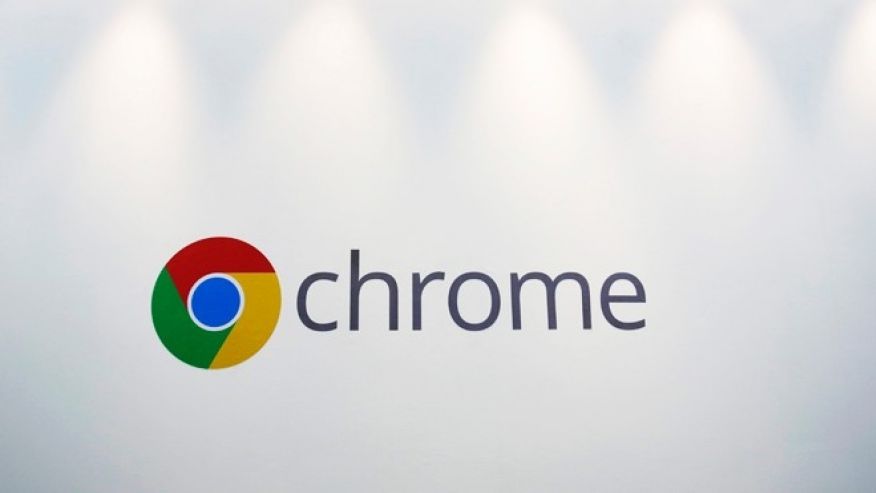Google Denies Allegations That It Violates Student Privacy Pledge
Google has entered the cross-hairs of the Electronic Frontier Foundation, which says the search giant is violating students’ privacy rights by collecting data about them without permission on Chromebooks used in classrooms. Specifically, the group claims that Google is breaching a Student Privacy Pledge that it signed in January.
A potential risk raised by the EFF is that Google Sync is enabled by default on Chromebooks sold to schools, and the EFF didn’t hold back when asserting what this allows Google to collect.
In a statement provided by a spokesperson, Google said that it is confident its education tools “comply with both the law and our promises, including the Student Privacy Pledge”. The co-authors of the Student Privacy Pledge, The Future of Privacy Forum and The Software and Information Industry Association have both criticized EFF’s interpretation of the Pledge and their complaint, he added.
He also insists that Chrome Sync is only used to enable account holders to log into any Chromebook or Chrome browser and find all of their important stuff, like apps, extensions, history and so on.
Google has said that personally identifiable information gathered with this feature is used only to let kids access their own browsing data and settings across multiple devices, and that when it is used to help improve services like Chrome, it’s is only done “after completely removing information about individual users”.
But the EFF claims that company collects all the data from those schools that use its educational products. This happens when students access non-educational Google services while they are still logged into their school accounts.
“Despite publicly promising not to, Google mines students” browsing data and other information, and uses it for the company’s own purposes. “Chromebooks and Google Apps for Education have enormous benefits for teaching and preparing students for the future”, said Sophia Cope, EFF Staff Attorney. “One of the most striking problems is that it’s almost impossible to get a straight answer about what Google is doing with student data”. “This is not connected to any specific person nor is it used to analyse student behaviours”. “If they choose to, educators, students and administrators can disable Chrome Sync or choose what information to sync in settings whenever they choose”.
The group alleged Google used the tips “for its own goals including enhancing Google products”, along with to target adverts on GAFE’s non-center programs, like Chrome and YouTube.
“On December 1st, the Electronic Frontier Foundation (EFF) published a complaint regarding Google Apps for Education (GAFE) and other products and services especially Chrome Sync”, said Jonathan reported Tech Crunch.
The browser is sold to schools and as per the claim of EFF, Google easily monitors and collects data of internet searches, passwords and emails and websites or videos viewed by the students.
In Google’s blog post Rochelle wrote that schools can control whether students or teachers can use additional Google consumer services – like YouTube, Maps, and Blogger – with their GAFE accounts.








